Located in the beautiful district of Himachal Pradesh, India, the Kugti Wildlife Sanctuary is known for its rich biodiversity and natural beauty. Established in 1962, this protected area offers a unique opportunity to witness the mesmerising landscapes, diverse wildlife, and cultural heritage of the place. Whether you’re a wildlife enthusiast, a photographer, or simply someone seeking a peaceful retreat, Kugti Wildlife Sanctuary promises a memorable experience. Here’s everything you need to know to plan your visit.
Location
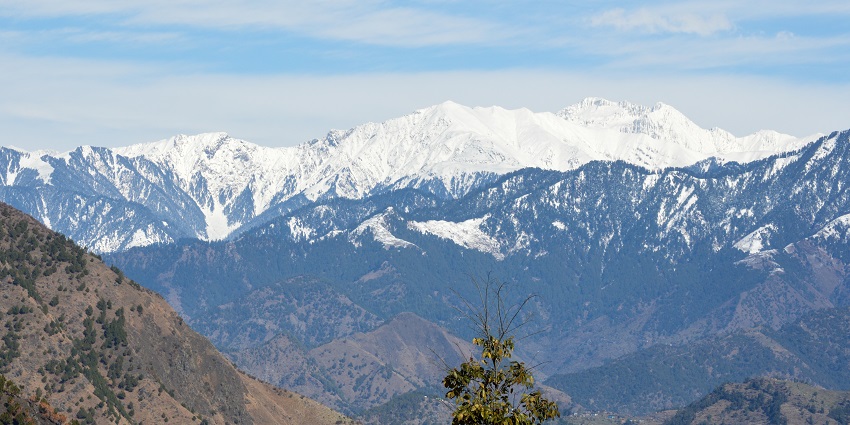
Photo: Timothy A. Gonsalves / WIkimedia Commons / Image For Representation Only
Kugti Wildlife Sanctuary is situated in the western part of Himachal Pradesh, within the Chamba district. The sanctuary covers a vast area of approximately 1,200 square kilometres, including a variety of ecosystems, including temperate forests, alpine meadows, and rugged mountainous terrain.
Suggested Read: Shimla Water Catchment Wildlife Sanctuary
How To Reach
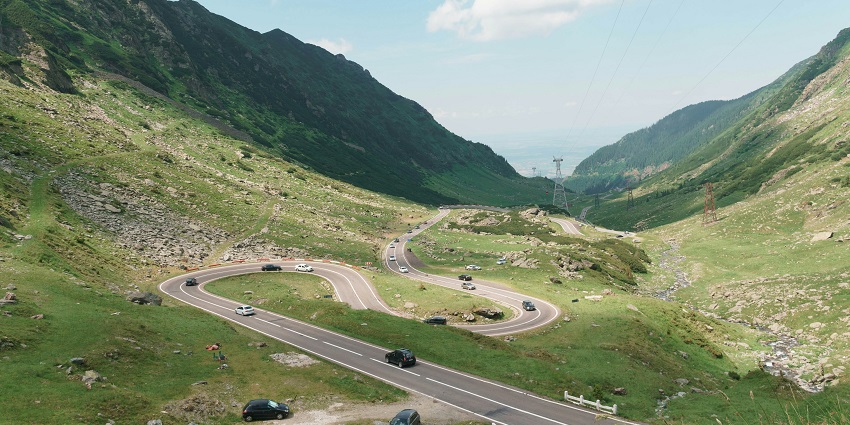
Photo: Alex G / Unsplash / Image For Representation Only
There are various ways to reach Kugti Wildlife Sanctuary, including rail, road, and air:
By Air: Gaggal Airport (DHM) in Kangra. Located about 110 kilometres (68 miles) from Chamba, this is the closest airport to Kugti Wildlife Sanctuary. you can hire a taxi to reach Chamba.
By Rail: Pathankot Railway Station, situated around 130 kilometres (81 miles) from Chamba. From Pathankot, you can take a taxi or bus to Chamba.
By Road: You can drive or take a bus via National Highway 5 (NH5). The drive typically takes around 6 to 8 hours, depending on road conditions and traffic.
Places To Visit Around Kugti Wildlife Sanctuary
1. Kugti Village
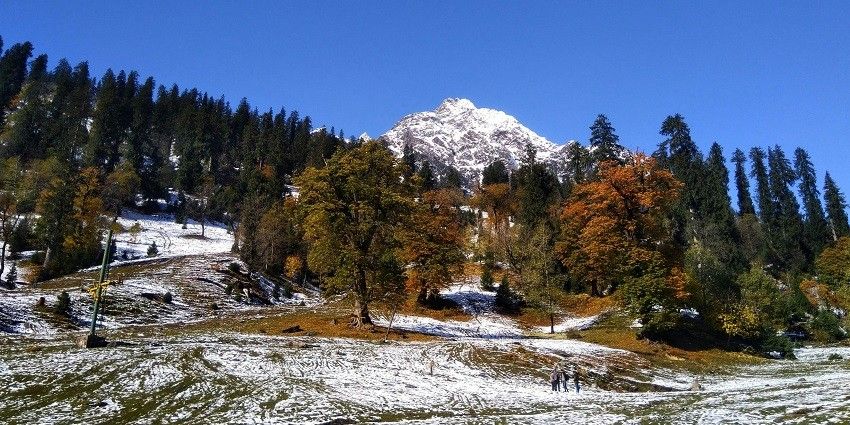
Photo: Hrishikesh Sarode / Unsplash / Image For Representation Only
Kugti Village is a peaceful village near Kugti Wildlife Sanctuary, offering a glimpse into traditional Himachali life. Surrounded by beautiful landscapes, it provides an authentic experience of local culture and hospitality. Visitors can explore traditional architecture, taste local cuisine, and interact with friendly villagers. With its picturesque setting and tranquil atmosphere, Kugti Village is a perfect spot for those wanting to connect with the region’s cultural heritage while enjoying the stunning Himalayan scenery.
Best Time To Visit: June to October
Suggested Read: Explore The Diverse Wildlife Of Shikari Devi Wildlife Sanctuary In Himachal
2. Bharmour
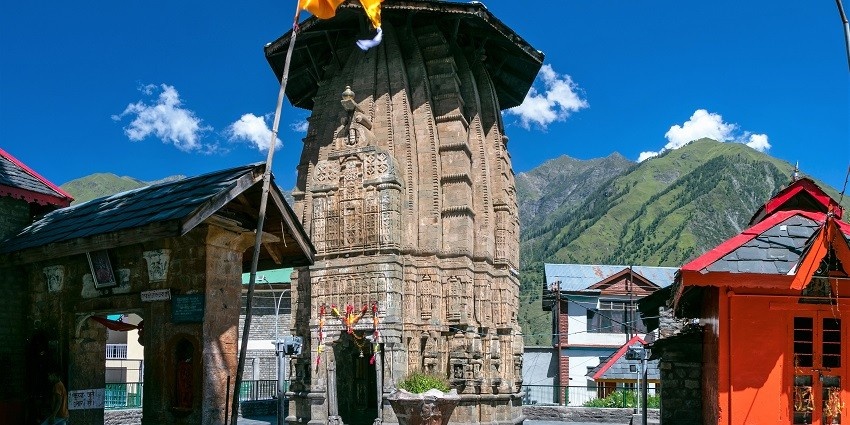
Photo: Dhruvaeng / Wikimedia Commons
Bharmour is an ancient town celebrated for its rich history and stunning landscapes. Known as a significant cultural and religious centre, it features several historic temples dedicated to local deities, which attract pilgrims and tourists alike. The town’s blend of spiritual heritage and natural beauty offers a unique experience, with ancient architecture set against breathtaking views of the surrounding mountains. Bharmour is an ideal destination for those interested in exploring traditional Himachali culture and serene, scenic environments.
Best Time To Visit: April to October
3. Chamba Town
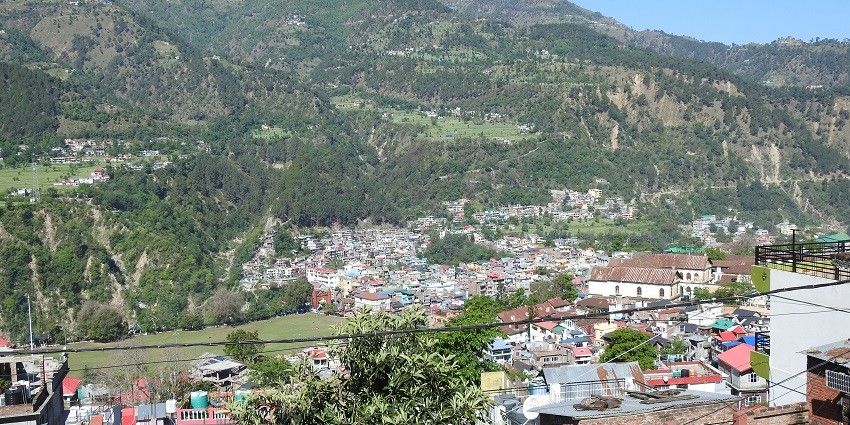
Photo: Harvinder Chandigarh / Wikimedia Commons
Chamba is a historic town known for its colonial architecture, ancient temples, and lively markets. It serves as a great base for exploring the area and offers several attractions. Notable sites include the Rang Mahal, a beautiful palace with intricate designs, and the Laxmi Narayan Temple, famous for its stunning architecture and religious significance. With its rich history and vibrant atmosphere, Chamba is an excellent place to experience both cultural heritage and local life.
Best Time To Visit: April to June
Suggested Read: Wildlife Sanctuaries In Himachal Pradesh To Visit On Your Upcoming Trip
4. Manimahesh Lake
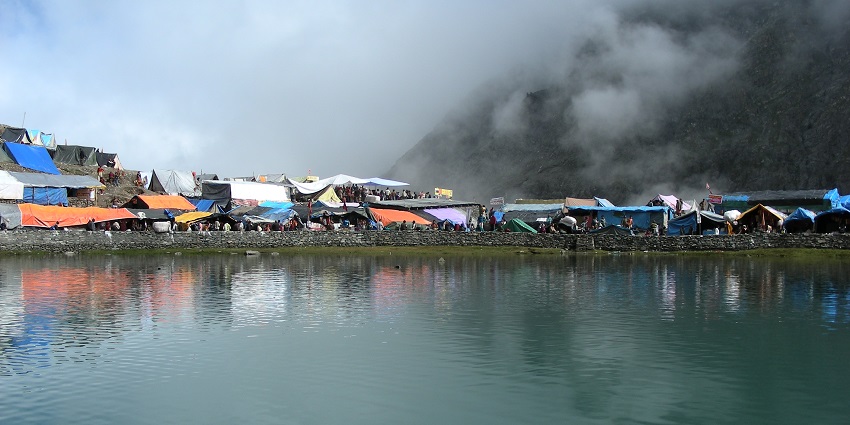
Photo: Truewebsolution / Wikimedia Commons
Manimahesh Lake is a sacred and stunningly beautiful lake located near the Kugti Wildlife Sanctuary. Situated at an altitude of about 4,080 metres (13,390 feet), this glacial lake is a significant pilgrimage site dedicated to Lord Shiva. The Manimahesh Yatra, held annually, attracts thousands of devotees who trek through challenging terrain to reach the lake. The serene surroundings, crystal-clear waters, and the majestic view of the Manimahesh Kailash Peak make this a must-visit destination for both spiritual seekers and nature lovers.
Best Time To Visit: May to June, September to October
Where To Stay

Photo: Pixabay / Pexels / Image For Representation Only
In Kugti Village, several basic guesthouses and homestays provide an authentic experience and a chance to engage with locals. For a more adventurous stay, consider camping near the sanctuary, but be sure to obtain the necessary permissions and prepare for wilderness camping. In Chamba, Hotel Padmini offers modern amenities and a convenient location, making it an ideal base for exploring the town and its attractions. Hotel Monal is known for its pleasant ambience and stunning views of the hills, ensuring a comfortable stay.
Suggested Read: Trekking In Great Himalayan National Park
Where To Eat

Photo: shiv singh / Unspalsh / Image For Representation Only
In Kugti Village, local eateries and guesthouses serve traditional Himachali food, including authentic dishes like Chana Madra and Siddu. While options may be limited, these places provide a genuine taste of the region’s culinary heritage. In Chamba, The Chamba Café is renowned for its local Himachali dishes and cosy atmosphere, perfect for sampling traditional cuisine.
Best Time To Visit
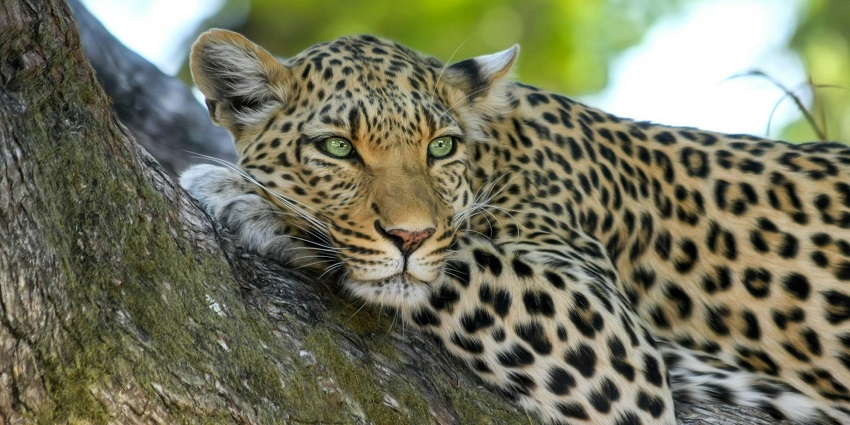
Photo: Pixabay / Pexels / Image For Representation Only
The best months to visit Kugti Wildlife Sanctuary are between March and May or September and November, when the weather is pleasant, and animal sightings are plentiful.
Suggested Read: Zoos In Himachal Pradesh With A Guide To Wildlife And Conservation
Other Factors To Consider
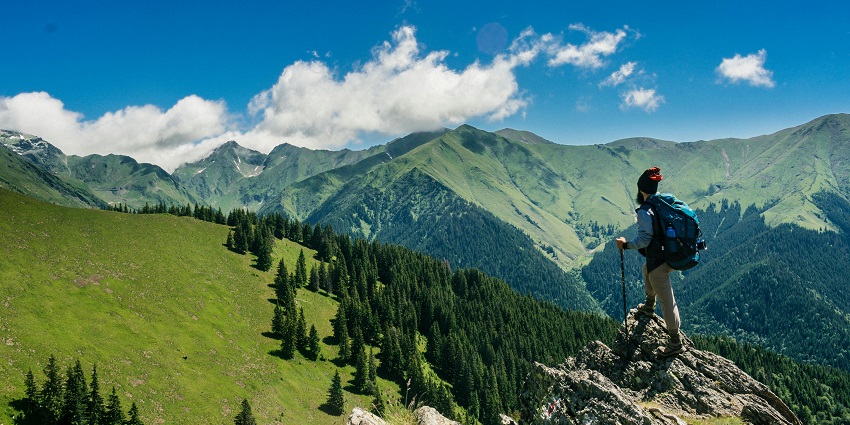
Photo: Andrei Tanase / Pexels / Image For Representation Only
Average Cost Of The Trip
A trip to the Kugti Wildlife Sanctuary typically costs between ₹10,000 and ₹20,000 per person depending on your preferences. This budget includes transportation, lodging, park entrance fees, and basic food.
Tips For The Travellers
- Verify if you need any permits or permissions before your visit. Approval from local wildlife authorities or forest departments may be required.
- The Himalayan weather can change rapidly, so make sure to pack for cold temperatures and possible snowfall, especially in winter.
- If you’re travelling via road, be mindful of the uneven mountainous terrain. You may consider hiring an experienced local driver.
- Ensure you’re in good health and acclimated to higher altitudes to avoid altitude sickness.
- Bring sufficient food, water, and first aid supplies, as remote areas may lack facilities and services.
Kugti Wildlife Sanctuary offers a unique blend of natural beauty, rich biodiversity, and cultural heritage, making it a remarkable destination for nature enthusiasts and adventure seekers. From exploring the lush landscapes and spotting elusive wildlife to immersing yourself in the local culture and traditions, visiting this sanctuary promises a refreshing and enriching experience. Plan your trip with TripXL and be prepared to have an unforgettable getaway.
Cover Photo: Rey Emsen / Unsplash / Image For Representation Only


 WhatsApp
WhatsApp
 Twitter
Twitter









